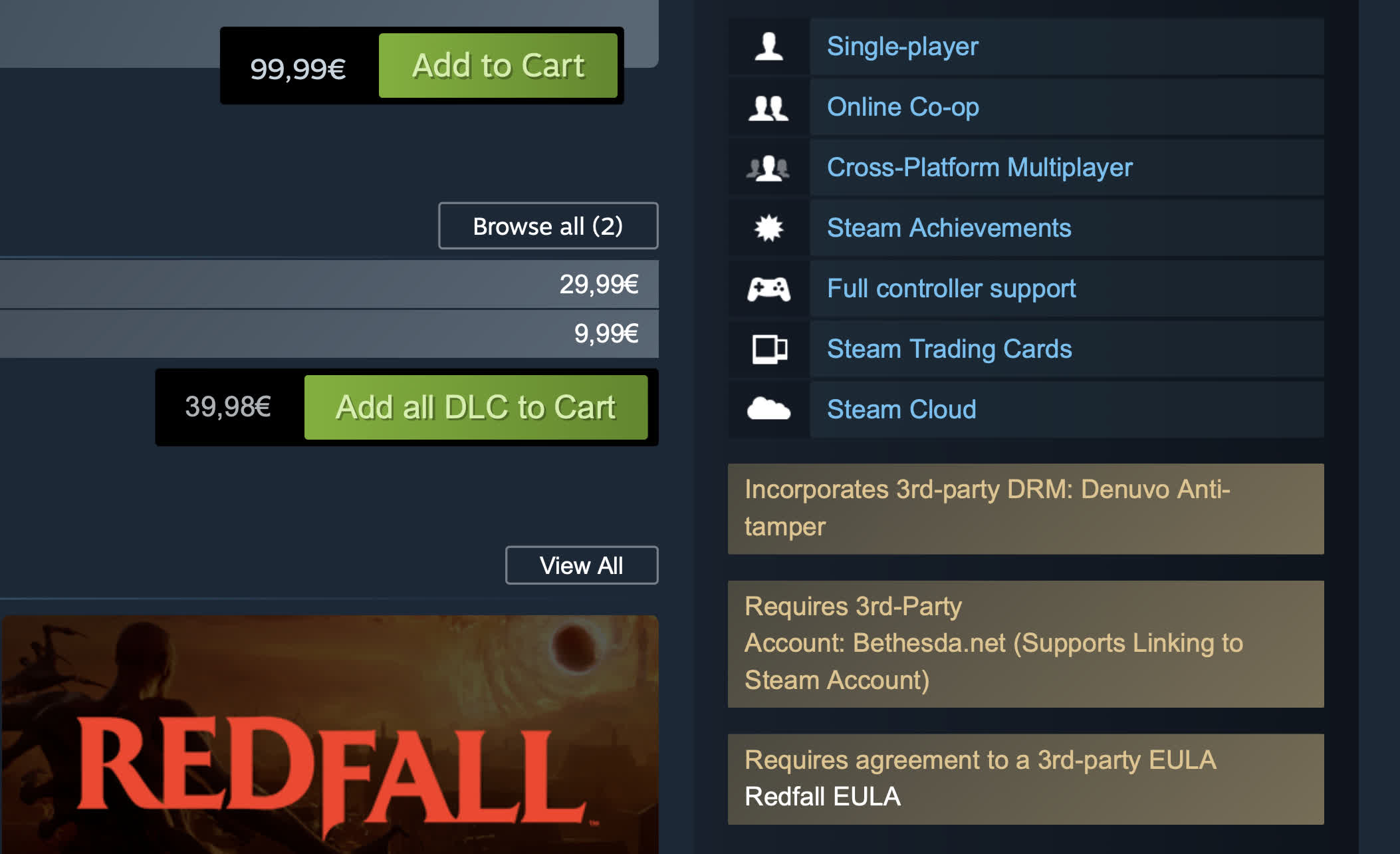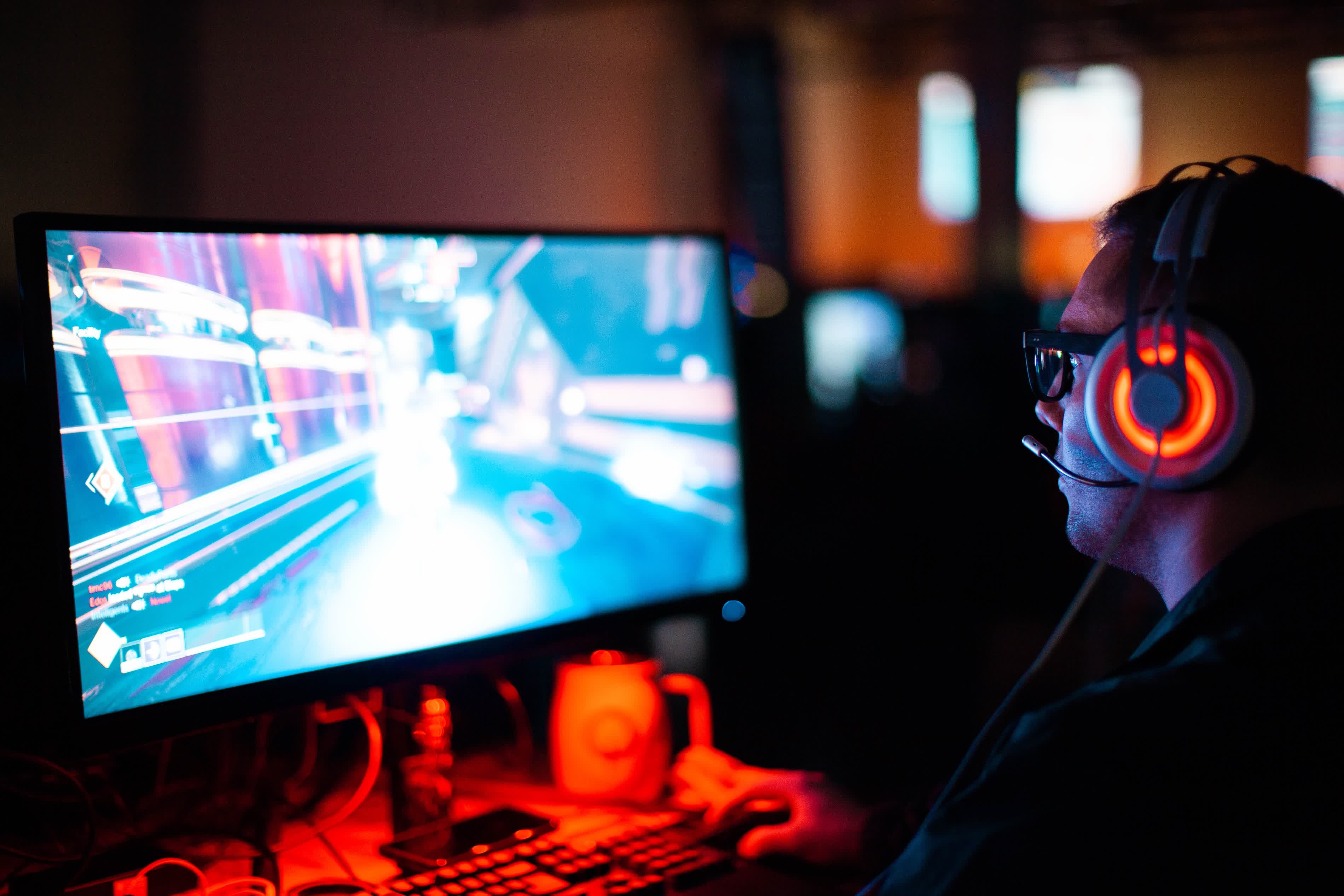Why it matters: Denuvo may be one of the most hated forms of digital rights management (DRM) used by video game publishers, but the company behind it wants to prove that its technology isn't as bad as its portrayal in the media might suggest. That anti-tamper and anti-piracy software are a necessary evil is a subject that will be debated for many years to come. However, their performance impact is a side effect that might need to be measured before any meaningful discussion can take place around it.
Irdeto – the company that acquired Denuvo back in 2018 – has traditionally been quiet about any criticism thrown at its DRM software, but that's about to change. During a recent interview with Ars Technica's Kyle Orland, Irdeto Chief Operating Officer of Video Games Steve Huin explained his company is well aware that Denuvo is viewed in a negative light by both digital pirates as well as the gaming community.
Huin says he's not surprised that pirates and game crack developers hate Denuvo and points out that software technologies like Denuvo ensure game studios make money from their work and are thus able to pour those revenues into making more games. He also wants gamers to understand that Denuvo is built by gamers out of a deep love for games, "with the intent to make the industry better and stronger."
You don't have to scour the Internet for proof that most gamers don't see Denuvo as the positive force for good that Huin is describing. When Intel launched its Alder Lake CPUs, Denuvo made life hard for many a gamer for a few months. Sometimes developers struggle to make Denuvo play well with their games, which is why some like Square Enix and Capcom even choose to remove it from their titles once the initial wave of sales has passed.

The standard activation limit of Denuvo can make it harder for hardware reviewers to test CPU and GPU performance across several machines without waiting for a 24-hour timer to reset. This can also affect people with large families who are trying to share their game libraries. And let's also mention the fact that any problem with Denuvo's activation servers can prevent paying customers from playing their games. Some people trying to play games on a Steam Deck through Proton have also experienced issues when running Denuvo-protected titles.
That said, Huin is more worried about claims that Denuvo has a significant performance impact, especially in CPU-bound titles where every free CPU cycle counts. At times, developers themselves have blamed the controversial software for frame rate drops and other issues. Huin says public comparisons between games with and without Denuvo aren't possible without access to both a protected and an unprotected copy of a game, and things get complicated when games typically receive several patches after their release.
As a result, Irdeto is looking to put such claims to rest by developing a special program where "trusted media" will get both relevant copies of a game to test if there's any meaningful performance difference between the one with Denuvo and the one without. Independent testing would definitely help paint a better picture of Denuvo's impact on a particular game, so we'll have to wait and see. Huin says the company plans to launch the program later this year, but there's no date set in stone.
Performance concerns aside, it's hard to deny that Denuvo does have a good track record in protecting games against piracy. It's not a foolproof solution, but it often prevents or at least delays the release of game cracks. According to the CrackWatch subreddit, the typical Denuvo-protected title received around six months of effective DRM. And of the 127 Denuvo-protected games released since 2020, around half have yet to be cracked.
Moving forward, Irdeto is also trying its best to promote anti-cheat technology developed under the Denuvo brand. Huin says the company has a novel approach that builds upon the body of work done with the anti-tamper tech, though the anti-cheat is meant to offer code integrity protection at runtime rather than just when a game is loaded.
Interestingly, Huin notes that because of this difference in how the two technologies work, the anti-cheat will have an impact on game performance and the target is to keep that under one percent. This is great news for competitive gamers, and Irdeto hopes its anti-cheat tech will also help improve the public perception of Denuvo over time. Time will tell, but it's safe to assume that Irdeto has its work cut out for it.
